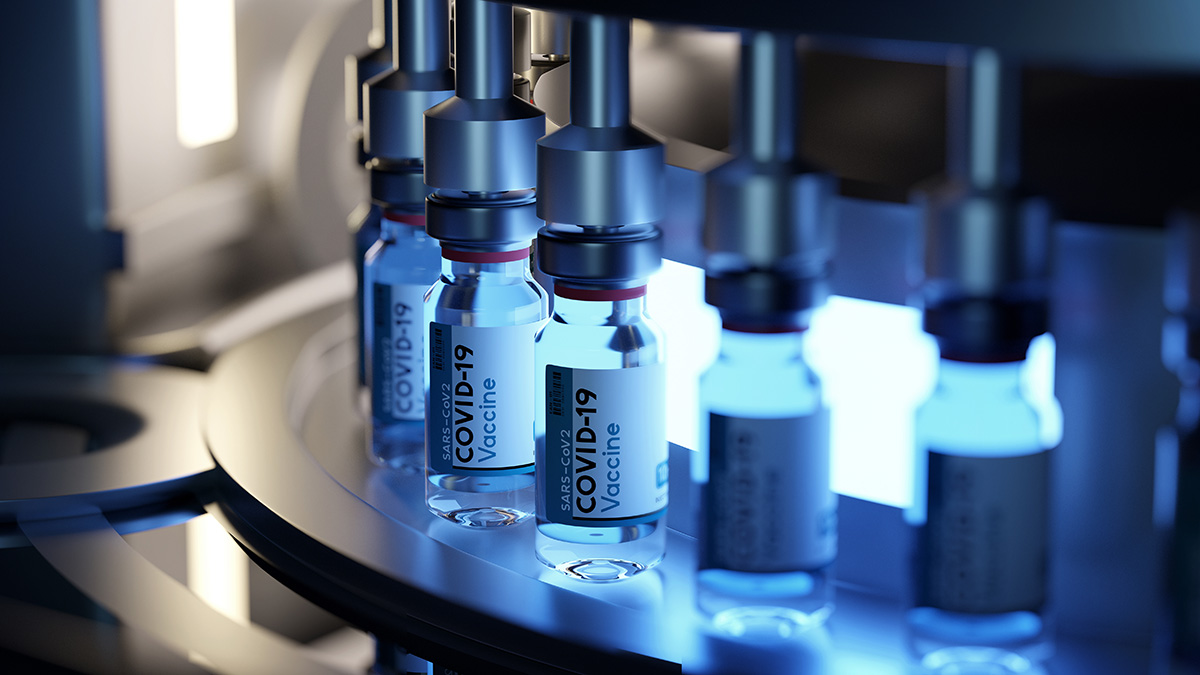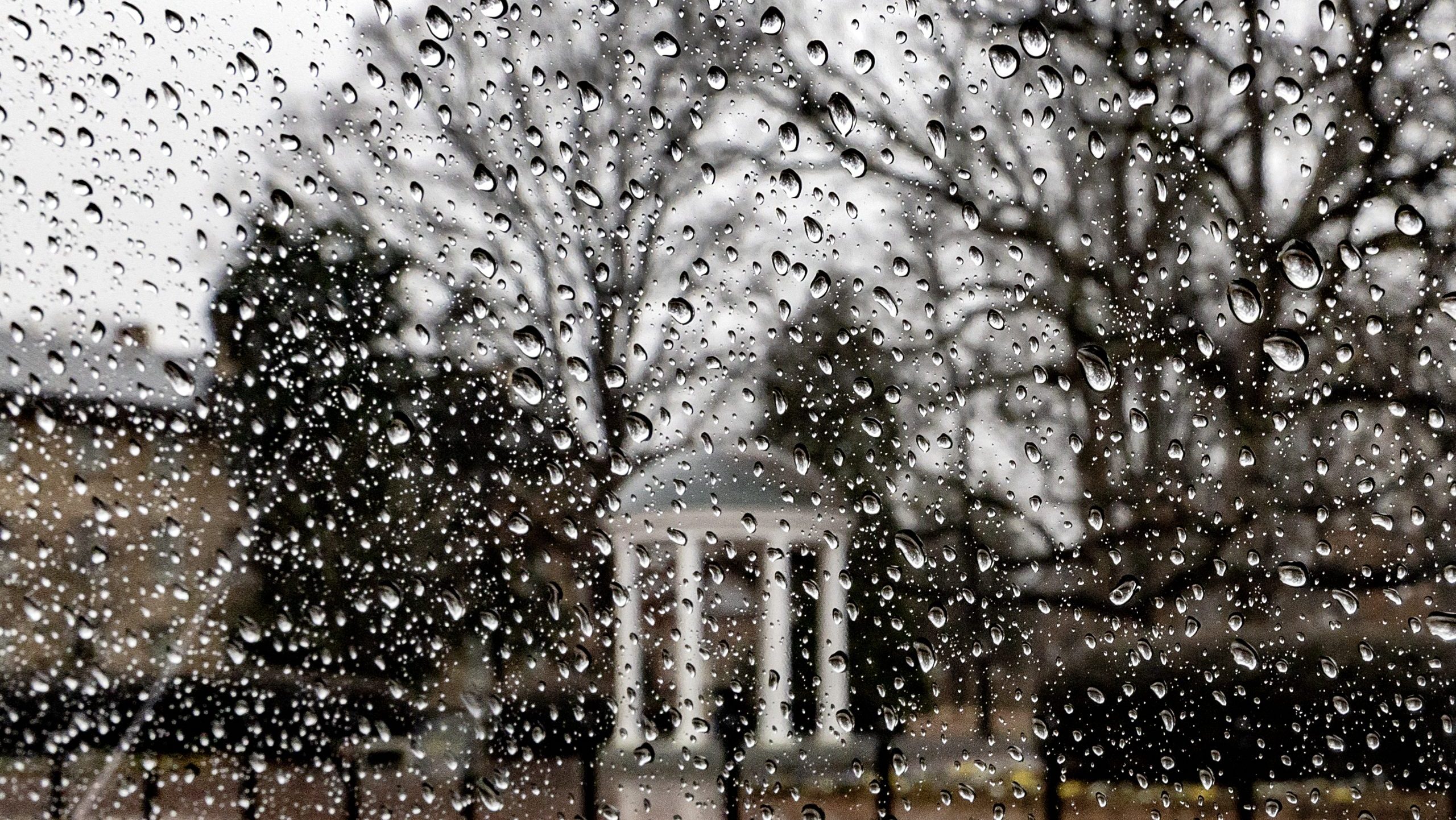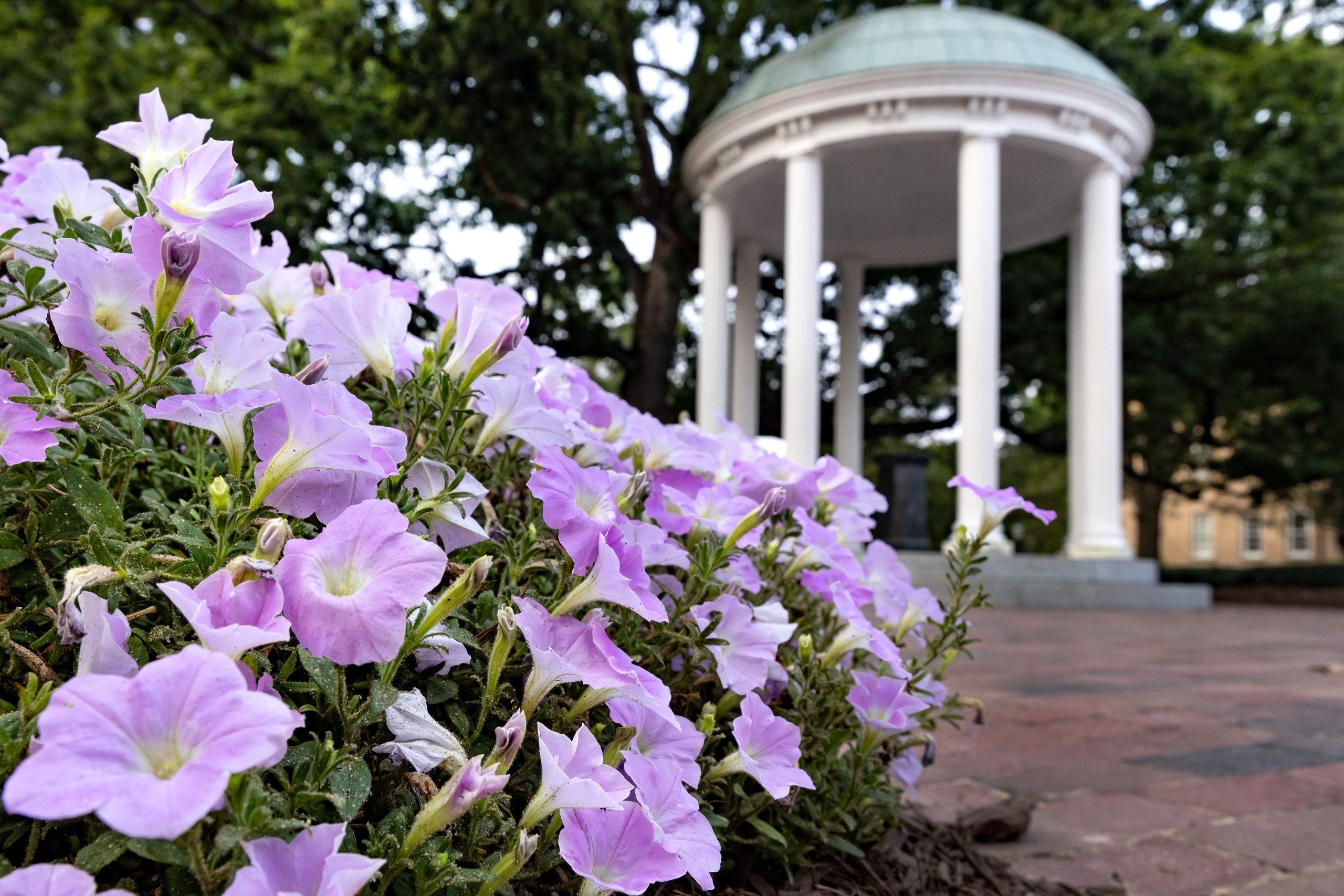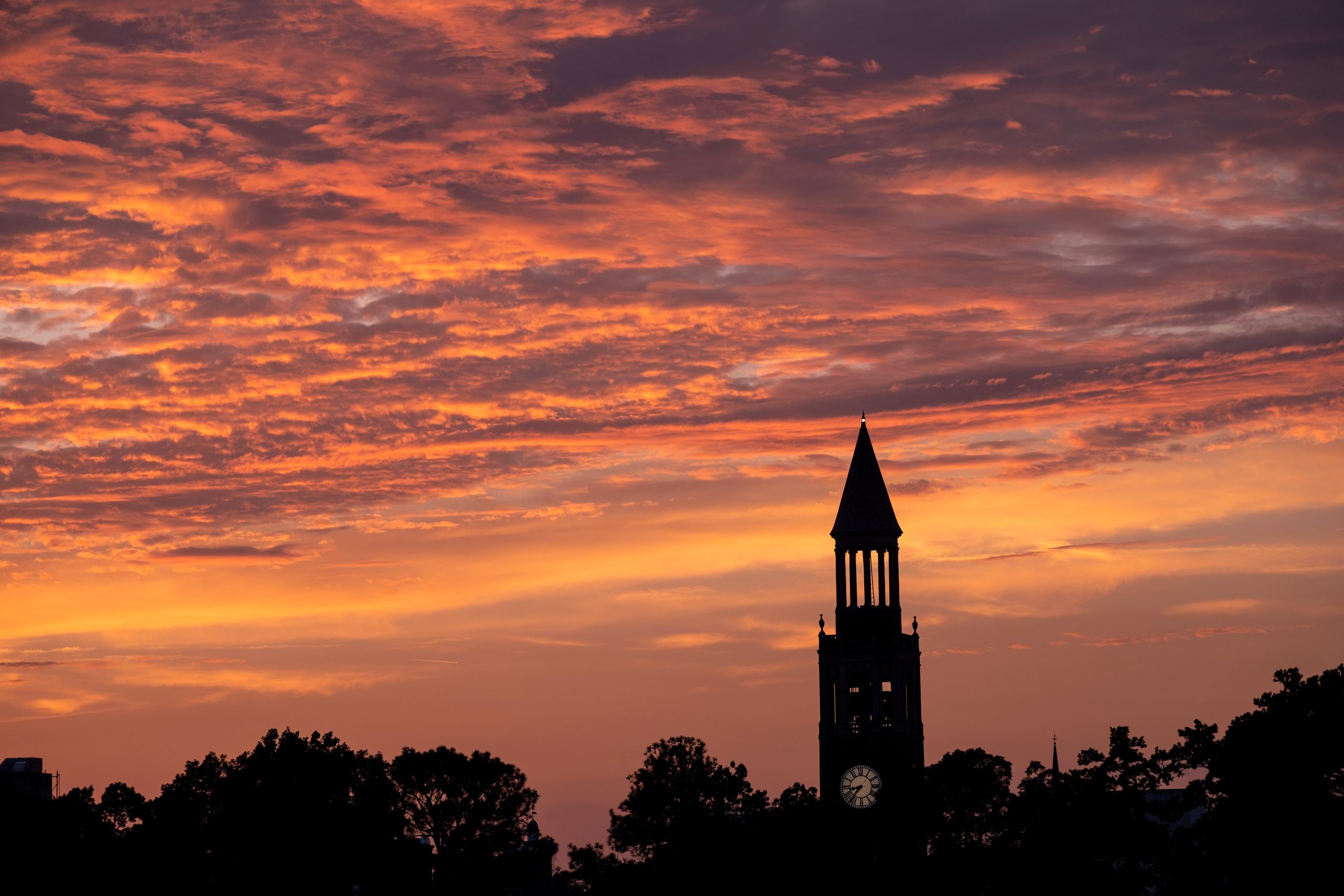Single vaccine dose may offer protection to those who have had COVID-19
UNC-Chapel Hill study adds to new and growing body of research showing people who have recovered from COVID-19 may need only one shot of vaccine

CHAPEL HILL, N.C. – New research from the University of North Carolina at Chapel Hill suggests that people who have had COVID-19 may need only one shot of vaccine.
The study led by the UNC School of Medicine and Gillings School of Global Public Health showed one dose of either the Pfizer-BioNTech or Moderna vaccine – known as mRNA vaccines – boosted antibodies among those who previously had COVID-19.
“These results support a new and growing body of research suggesting that prior coronavirus infection may act as a primer for the immune response to the first dose of mRNA-based COVID-19 vaccine,” said first study author Emily Ciccone, a clinical instructor and fellow in the Division of Infectious Diseases at the UNC School of Medicine.
“If this immune response is shown to be durable and protective against subsequent infection in future studies, individuals with a history of infection may be able to forgo the second dose of an mRNA-based vaccine,” Ciccone said.
The potential for some Americans to skip a second shot could free up urgently needed vaccine doses.
While the findings, published on the preprint server medRxiv, have not been peer-reviewed, the results are consistent with other studies.
The results come from the UNC-Chapel Hill’s COVID Health Care Personnel Study, a joint initiative between the UNC School of Medicine, Gillings School of Global Public Health and the UNC Institute for Global Health and Infectious Diseases. Researchers followed 193 health workers who submitted to routine tests for antibodies – a key part of the body’s response to fight infections such as COVID-19.
Study participants had the opportunity to receive a COVID-19 vaccine through UNC Health’s vaccination program starting in December 2020. After one dose, the antibody response in those who previously had COVID-19 was almost twice as high as those with no signs of previous infection.
“Moreover, the response to the first vaccination among individuals with prior infection was of similar magnitude to the response to two vaccine doses among those who had never been infected,” said corresponding study author Allison Aiello, professor of epidemiology at the UNC Gillings School of Global Public Health.
There was a limited number of people with a prior infection in the UNC-Chapel Hill study group. Despite the small sample size, researchers revealed a significant difference in response to the first vaccination that has been corroborated by recent studies.
The UNC-Chapel Hill study stands out because researchers were able to measure antibody responses before and after vaccination, in some cases for months prior to the first vaccine dose.
Additional study authors include doctoral students Deanna Zhu and Evans Lodge, research specialist Rawan Ajeen and assistant professor of biostatistics Bonnie Shook-Sa, all of Gillings School of Global Public Health; Ross Boyce, assistant professor in the Division of Infectious Diseases at the UNC School of Medicine, and the 12-member COVID HCP Study Team.


